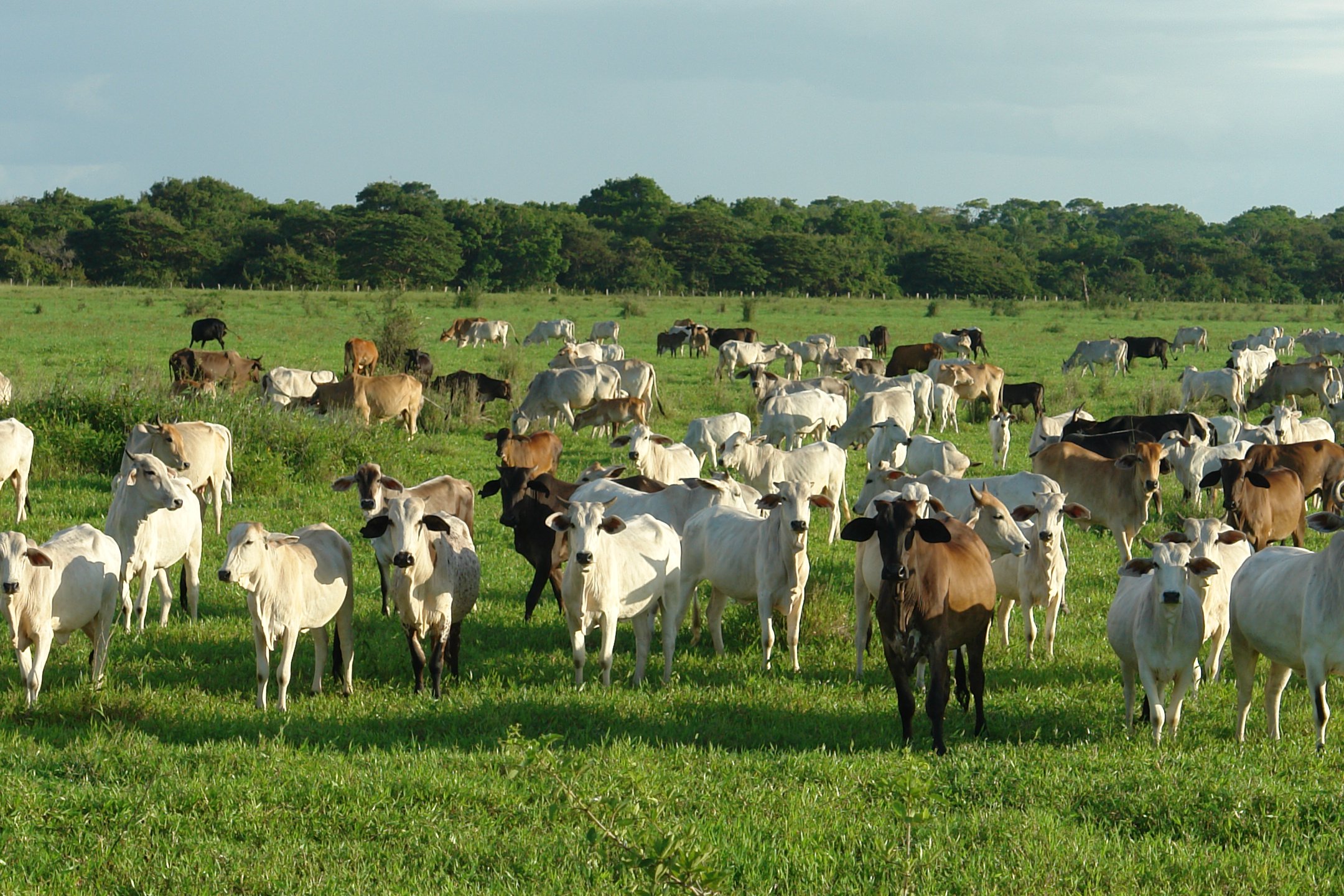Cattle

Animals in the Bible generally refer to spiritual activity, the things we actually do on a spiritual level. "Cattle," as typically used in the Bible, mean a collection of domesticated animals owned by one person or group (including other animals along with cows). It makes sense, then, that cattle would represent the spiritual activities we "own" and have "domesticated."
What are the good things we like to see in ourselves and encourage? What true ideas do we keep in mind, ponder, and use in our decision-making? These can come in great varieties and from many different sources, just as a variety of animals could be part of "cattle," but the key is that we own them, care for them and use them.
(References: Arcana Coelestia 415, 3786, 4105, 4106, 4391, 4440)
Divine Love and Wisdom #287
287. We can also tell that love and wisdom are human by looking at heaven's angels, who are people in full beauty to the extent that they are caught up in love, and therefore in wisdom, from the Lord. The same conclusion follows from what it says in the Word about Adam's being created in the image and likeness of God (Genesis 1:26), because he was created in the form of love and wisdom.
All earthly individuals are born in the human form as to their physical bodies. This is because our spirit, which is also called our soul, is a person; and it is a person because it is receptive of love and wisdom from the Lord. To the extent that our spirit or soul actually accepts love and wisdom, we become human after the death of these material bodies that we are carrying around. To the extent that we do not accept love and wisdom we become grotesque creatures, retaining some trace of humanity because of our ability to accept them.






